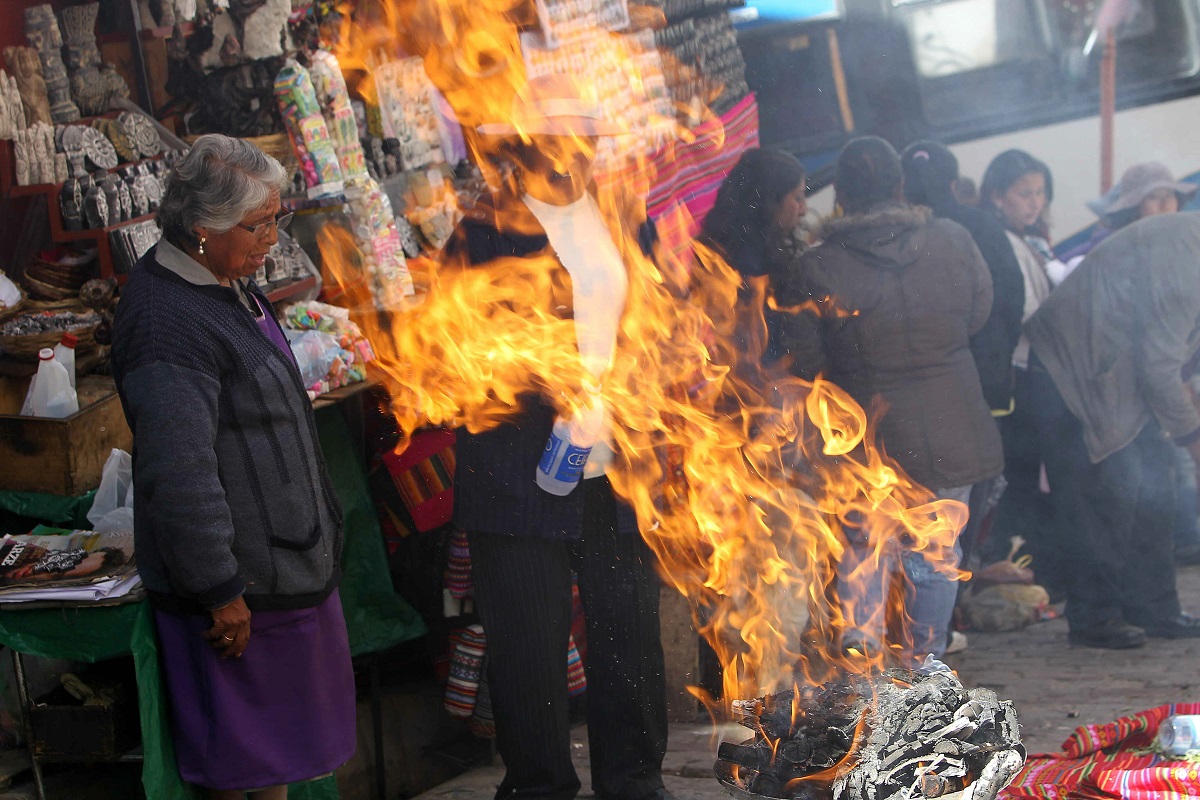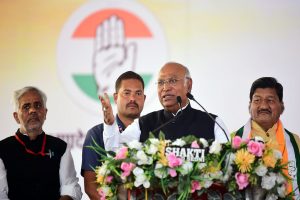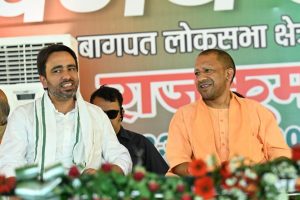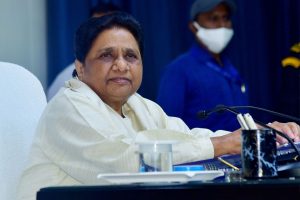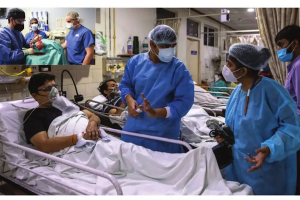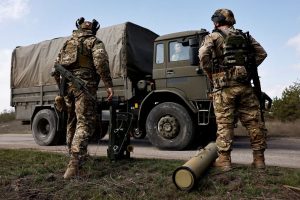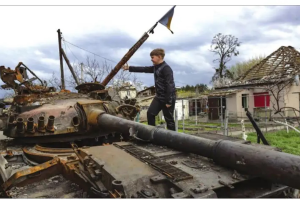Five protesters were killed on Friday after a clash erupted between Bolivian police and troops outside the city of Cochabamba, according to official.
Nelson Cox, a representative of the Ombudsman’s Office said that the five victims died en route to a hospital in nearby Sacaba, while blaming security forces for a “disproportionate” response to a group of cocoa growers marching toward Cochabamba for a protest against the self-proclaimed interim government that took power after President Evo Morales resigned on November 10.
Cox further said that at least 22 people with gunshot wounds were taken to hospitals in Sacaba and Cochabamba, adding that security forces were delaying ambulances at checkpoints.
“We have had since Sunday (November 10) an escalation of interventions by the joint forces – police and armed forces – whose interventions have taken a disproportionate form,” Cox added
Thousands of largely indigenous protesters, many coca leaf growers, had gathered peacefully in Sacaba on Friday morning. But fighting began when many tried to cross a military checkpoint near the city of Cochabamba, where Morales supporters and foes have clashed for weeks.
Morales has been granted asylum in Mexico took to Twitter, saying that a massacre had occurred and he described Bolivia’s interim government as a dictatorship.
The violence came as Bolivia’s interim president, Jeanine Áñez, said Morales would face possible legal charges for election fraud if he returned home, even as the ousted leader contended he is still president, despite resigning after massive protests against him.
Morales entered politics after years as the leader of the coca growers union in the Chapare region of Cochabamba province, where support for Bolivia’s first indigenous president remains strong.
Earlier on Sunday, violence had continued as a caravan of buses taking opposition supporters to La Paz was attacked, leaving three people injured, including one by gunfire. Morales lashed out against the OAS mission, accusing it of making a “political decision” instead of a technical one. “Some OAS technicians are at the service of … power groups.”
Morales was declared the winner of the October 20 presidential election with a narrow margin, giving him a controversial fourth term, having first taken power in 2006.
(With inputs from agency)

